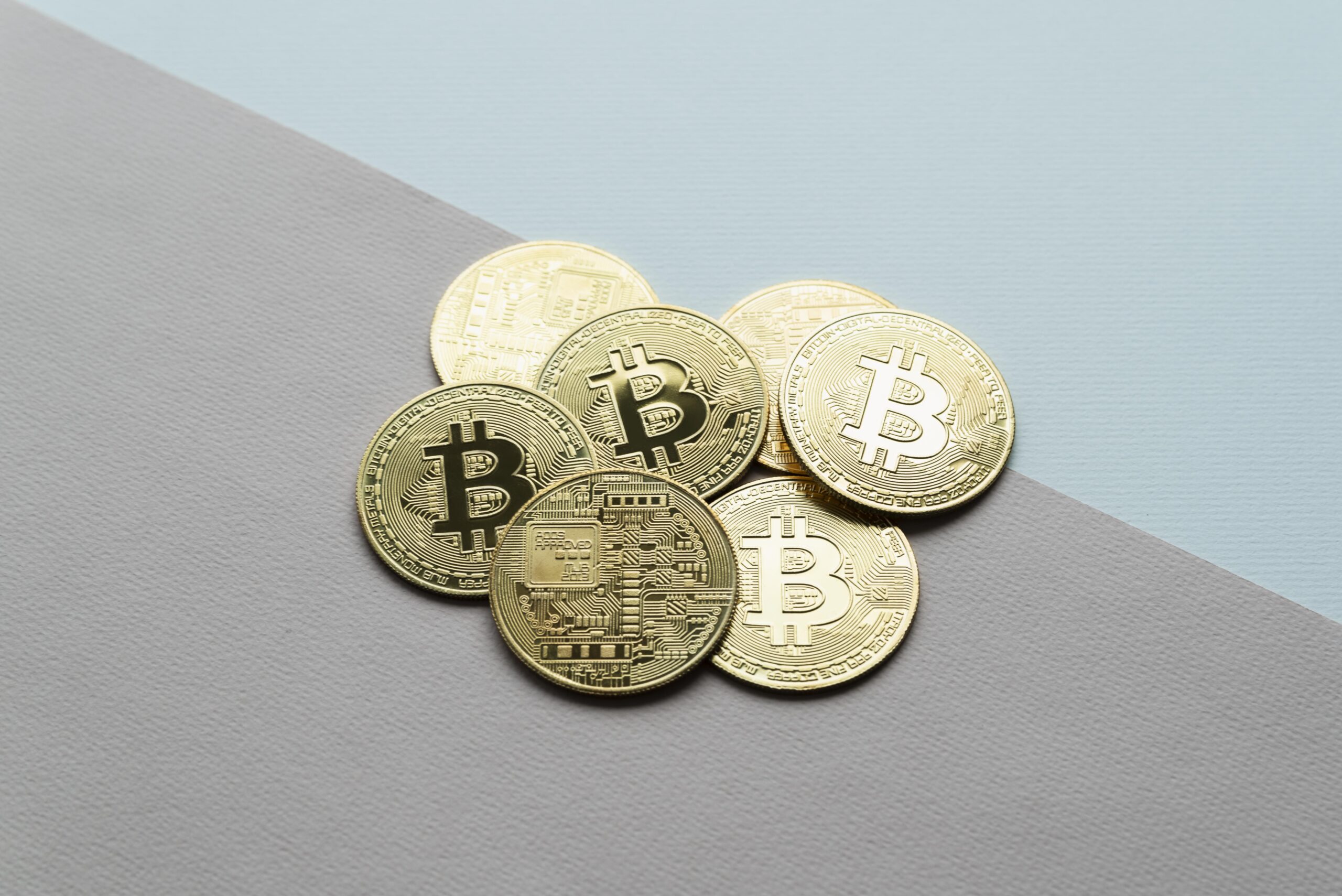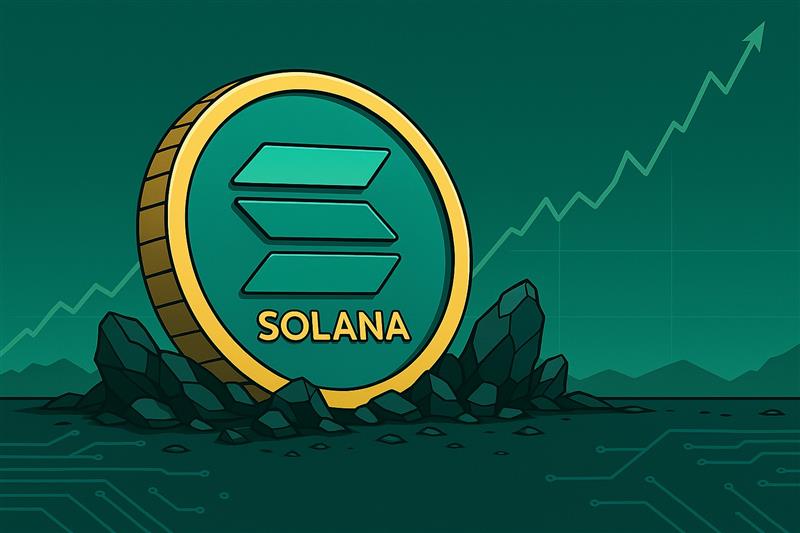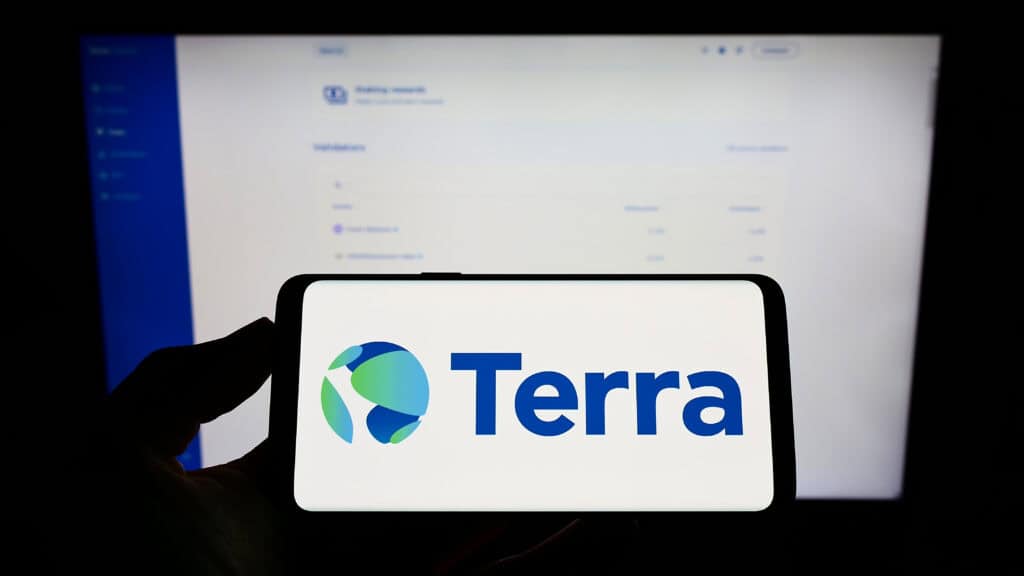Blockchain analytics firm Chainalysis has reported a 15% drop in global cryptocurrency sales across darknet markets in 2024, with total revenue falling to just over $2 billion in Bitcoin. Meanwhile, fraud shops dealing in stolen goods saw around $225 million in inflows. However, Russia’s darknet market defied the global trend, registering a 68% surge in crypto sales, highlighting a stark contrast in regional illicit crypto activity.
Kraken Darknet Market Dominates Russia’s Illicit Crypto Landscape
In 2024, while most countries experienced declining crypto sales in darknet market, Russia witnessed a notable rise, driven primarily by the “Kraken” darknet market. Unrelated to the legitimate Kraken exchange, the illicit market outperformed Mega, previously the top-earning darknet platform.
Kraken generated $737 million in on-chain crypto sales by the end of 2024, marking a significant 68% increase, while Mega’s revenue fell by over 50%. Blacksprut, another notable darknet player, experienced a 13.6% revenue drop. Kraken’s growth underscores the increasing sophistication of Russia’s darknet networks, where vendors are outsourcing logistics, payments, and hosting to service providers like iKlad.biz and Klad.cc.
Darknet Resilience Despite Crackdowns
Despite crackdowns on major darknet operators, Russia’s illicit crypto market remains robust. When Hydra Market collapsed in 2022, its affiliates quickly regrouped, forming new networks that now power Kraken’s rise.
Law enforcement has intensified efforts to dismantle these operations. In December 2024, Russian authorities sentenced Hydra’s founder Stanislav Moiseyev to life in prison, while 15 of his associates received sentences ranging from 8 to 23 years. Meanwhile, in the U.S., Taiwanese national Rui-Siang Lin was arrested in May 2024 for operating Incognito Market, a darknet platform linked to crypto fraud.
DeFi: The New Cash-Out Route for Darknet Vendors
The Chainalysis report also reveals a growing trend among darknet vendors who are now favoring decentralized finance (DeFi) platforms over centralized exchanges (CEXs) to cash out their illicit earnings. DeFi provides a layer of anonymity and bypasses strict KYC requirements, making it a preferred method for laundering funds. Retail vendors store more assets on-chain, while larger operations rely on DeFi for more substantial cash-outs.
FAQs:
Q1: What new strategies are emerging in the darknet market ecosystem?
Darknet markets are increasingly moving to Telegram-only platforms and consolidating operations through mergers, as seen with Haowang Guarantee, a Telegram-based black market that processed $27 billion in transactions before its shutdown in May 2025.
Q2: How is AI being used to detect illicit crypto transactions?
AI tools like Lucinity are being leveraged to detect complex money laundering schemes. They use graph analysis to track wallet connections and identify suspicious transactions, giving law enforcement a technological edge in combating crypto crime.



